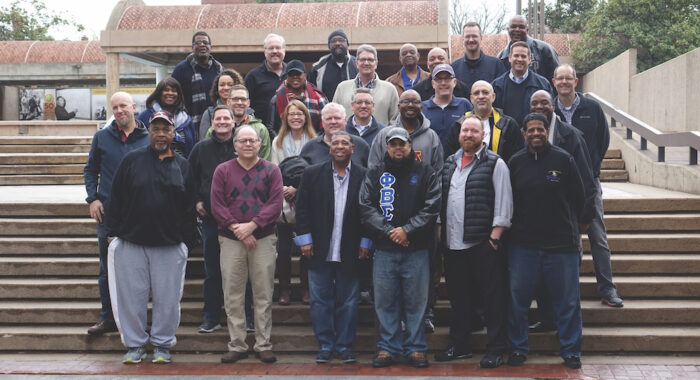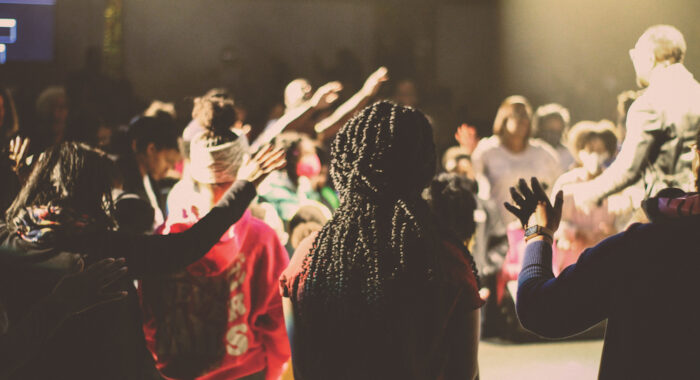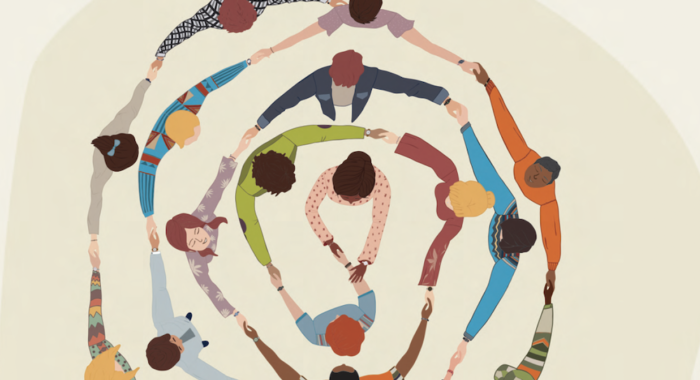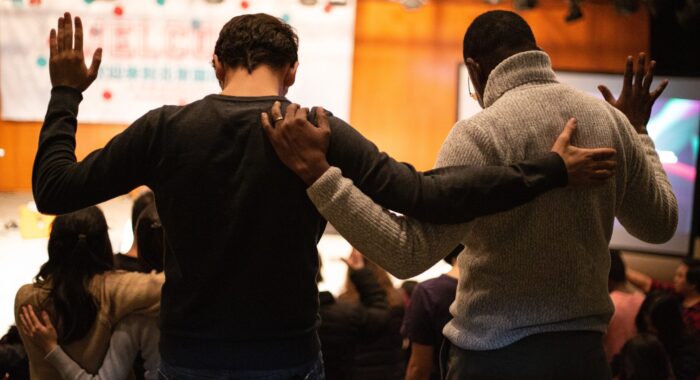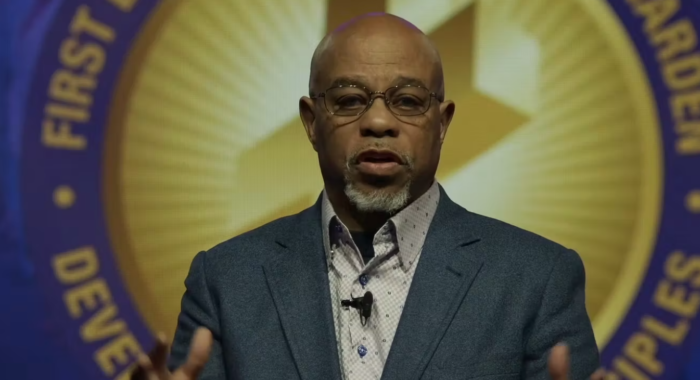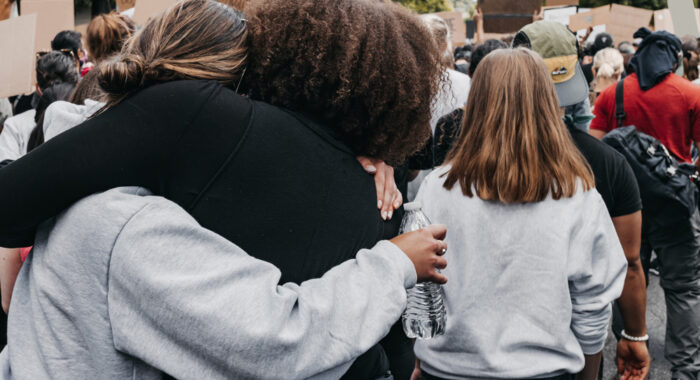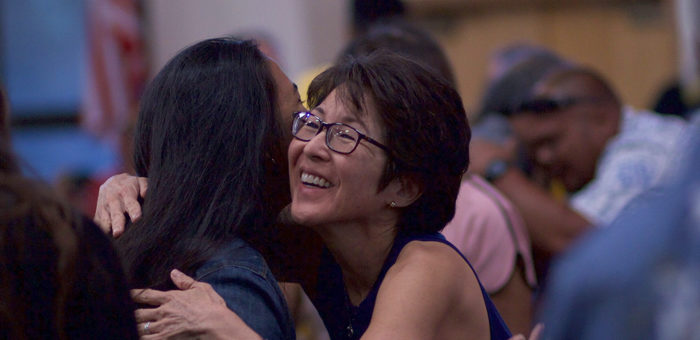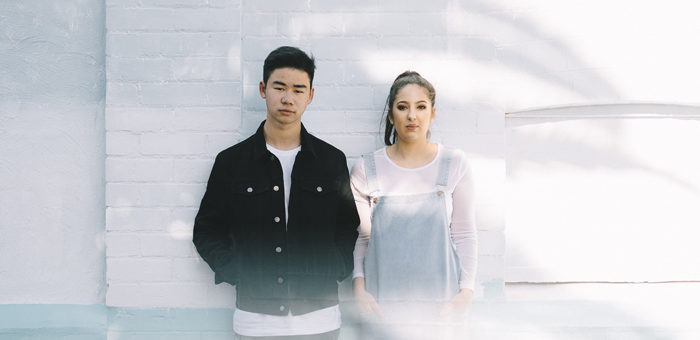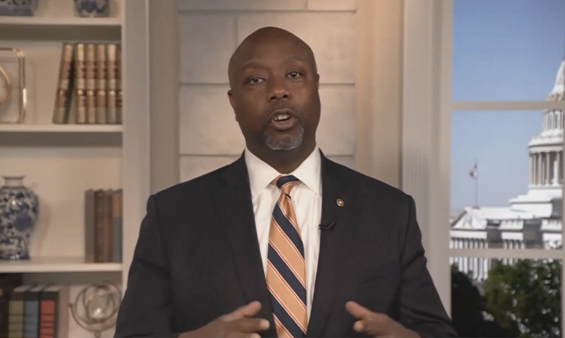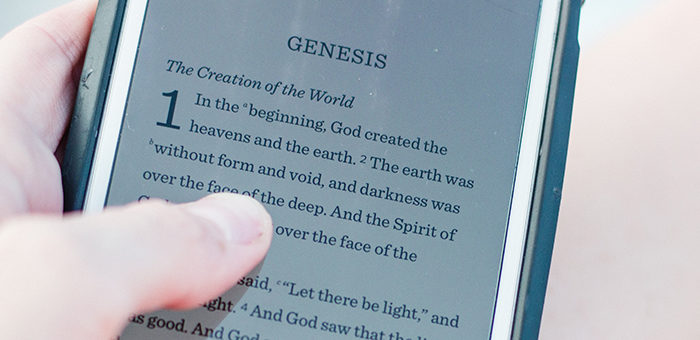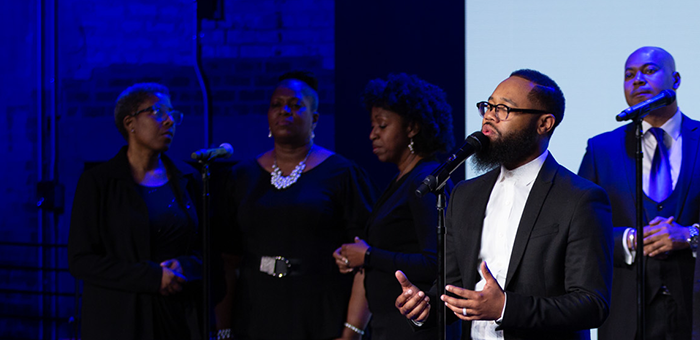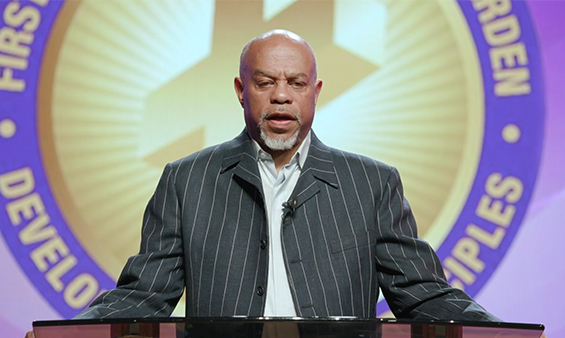The events of 2020, including George Floyd’s death, brought a racial reckoning to the United States that many in the evangelical community and the society at large were ill-equipped to address. The heightened awareness created an opportunity for the Racial Justice and Reconciliation Collaborative (RJRC) at the National Association of Evangelicals to lead the discussion on how our community could move toward actionable steps in building bridges for racial justice and reconciliation.
Assessing Our Commitment
Informed by six months of listening to the fears, hopes and desires of evangelical leaders, the RJRC set out to develop tools to support leadership training, gather resources and host events to cultivate and care for leaders in the frontlines of this work.
Many denominational leaders expressed the need for a simple tool to cultivate curiosity and give people a first attainable step. In September 2023, the Racial Justice Assessment tool was launched. The assessment asks 20 questions aimed at creating curiosity in unengaged individuals and prompting further investigation through a suggested list of resources. With a sometimes overwhelming number of resources available, this tool helps evangelicals move forward wherever they are in the journey of racial justice and reconciliation.
Offering Space for Renewal
On the other side of this work are many BIPOC (Black, Indigenous and People of Color) leaders who seek to help their respective organizations move toward greater clarity and commitment in pursuing racial justice. It is not easy work, and many have experienced hurt, frustration and burnout. There are not many conferences or retreats organized with them in mind.
This is why the NAE hosted its first BIPOC retreat in November at the Billy Graham Training Center, featuring Sheila Wise Rowe, a racial trauma counselor. This time facilitated a unique spiritual oasis to help leaders of color rest and recover from the heavy lifting they do in primarily majority culture organizations.
“Burnout is so close for any of us in ministry. For those of us who serve in predominantly white institutional spaces it’s even closer. Offerings like this retreat are ‘I see you’ moments. So many people said they had never been in a space like this before,” said Jenn Chen, a mission leader with Pioneers, who attended the retreat.
Another attendee, Monica Mitchell, board chair of William Carey International University, agreed, “I was able to interact with others who are at the forefront of pushing forward in multiethnic inclusion. In my small group, we were vulnerable with each other, we prayed and cried together. It was revelatory to see that our stories are so similar even across races. We have some of the same hurts. We struggle with the same vulnerabilities.”
She continued, “God is doing something new. The NAE’s retreat encouraged me to go deeper and fully surrender. God reminded me that I’m not alone in this work. He has called others to this work as well. I was reenergized, affirmed and refreshed.”
Providing a Cohort of Learning
Beyond personal development, the RJRC sponsored Living UNDIVIDED, a 7-week cohort for high-level evangelical leaders to grow in racial justice and reconciliation. The program offered participants a biblically-based and historically informed interactive learning environment designed to equip them in leading their organizations to pursue justice and reconciliation.
For Carl Greene, executive director of the Seventh Day Baptist General Conference, the experience reinforced the importance of a posture of learning and practicing vulnerability. “The content of Living UNDIVIDED was good, but what makes this experience stand out from other trainings I’ve done is how experiential it is. It forced me to practice taking risks by sharing my own story and perspective with a circle of people that I don’t usually interact with.”
Randy Davis, executive director and CEO of National Network of Youth Ministries, observes that the cohort was a unique opportunity to hear others’ stories and to be moved by them.
“When I hear the pain in others’ voices, it should pain me. Even though there are things that separate us — our histories and racial identities — we’re still a community, and we need to figure out how to do community better,” he said.
Greene reflects on how important the experience was for building his own confidence as a leader. “I sometimes shy away from difficult discussions regarding race because I’m afraid of saying the wrong thing or not providing the right nuances. The Living UNDIVIDED cohort built my confidence by allowing me to hear more voices responding to my perspective, to receive honest feedback, and to gain confidence that this was a safe place to try some things out with brothers and sisters in Christ.”
Pursuing racial justice and reconciliation is a lifelong journey for every disciple of Jesus. It requires listening, learning, repenting and hard work. It is both personal and communal, and it impacts our institutions and the broader society. The NAE is committed to continuing to learn how to support the evangelical community in this area and how to build bridges for greater gospel witness.
Take the Racial Justice Assessment ![Arrow]()
Host a Living UNDIVIDED cohort at your ministry ![Arrow]()
Mekdes Haddis is the director of the Racial Justice & Reconciliation Collaborative at the NAE. She is an Ethiopian American who moved to the United States in 2003 to pursue her studies and she holds a B.S. in communications from Liberty University and a master’s degree in organizational leadership from Columbia International University. For the past 10+ years Haddis has worked in several churches, building discipleship and outreach strategies that are holistic in their approach to include people on the margins. She’s the founder of Just Missions, an online community that elevates diaspora voices and equips western allies to become mutual partners for the work of the gospel. Haddis is the author of “A Just Mission: Laying Down Power and Embracing Mutuality.”




 View All Articles
View All Articles 


